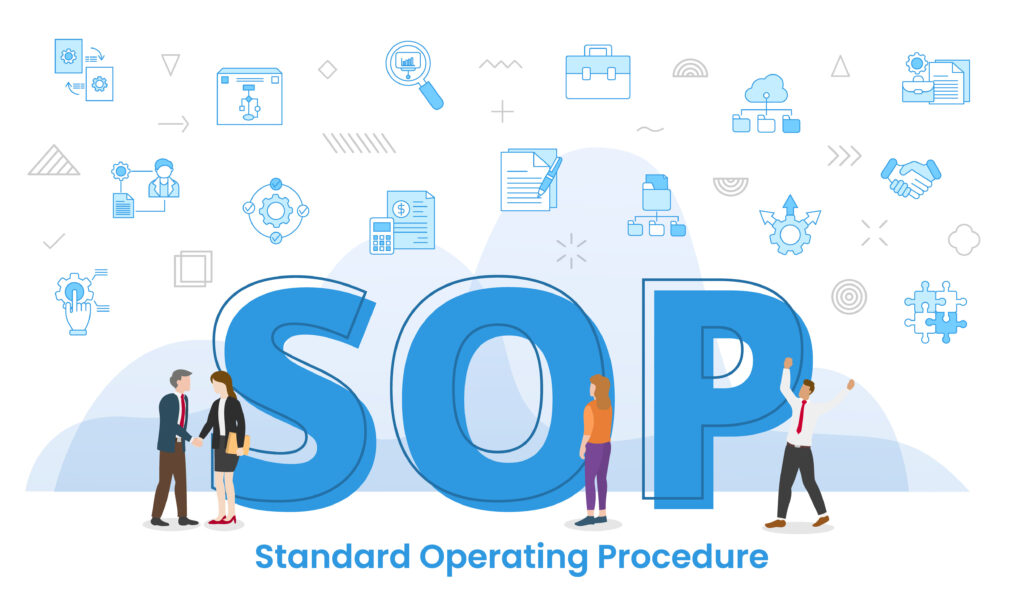Why Your UAE Business Needs a Strong ESG Strategy? ESG strategy UAE is no longer optional – it’s a strategic move for businesses seeking growth, resilience, and regulatory alignment. In today’s rapidly evolving corporate landscape, a robust Environmental, Social, and Governance (ESG) strategy is not just an add-on but a fundamental necessity. For businesses in the United Arab Emirates, integrating a strong ESG strategy is becoming increasingly crucial to navigating the complexities of global markets, meeting regulatory requirements, and aligning with stakeholder expectations. The importance of ESG in modern business cannot be overstated, as it directly influences investor decisions, consumer loyalty, and a company’s overall market competitiveness. ESG reporting, a critical aspect of this strategy, helps companies to transparently communicate their sustainability efforts and impacts to stakeholders, further establishing trust and credibility in the marketplace. The Importance of ESG in Modern Business ESG (Environmental, Social, and Governance) has emerged as a crucial consideration for modern businesses, impacting various aspects of their operations and decision-making processes. Significance for Investors and Stakeholders ESG is increasingly influencing investment strategies and capital allocation decisions. Investors and stakeholders now expect transparency in ESG information to measure and compare a company’s performance. There is a growing appetite among investors to tackle sustainability issues across multiple but closely linked themes, such as supporting a just transition to a low-carbon economy. Investors are actively seeking reliable, data-backed analysis to inform their ESG investment decisions, with data and technology becoming central to this process. Consumers, shareholders, investors, employees, and broader stakeholder groups are continuously raising the bar for ESG performance. More than 60% of consumers base their purchasing decisions on sustainability and ethical criteria, a figure that is growing by 10% annually. Consumers are willing to pay a premium for ethically sourced and sustainably made products, aligning their spending with their values. Key Components of an ESG Strategy An Environmental, Social, and Governance (ESG) strategy is a comprehensive framework that integrates various factors into a company’s decision-making processes, risk management, and performance tracking. It reflects the organization’s commitment to achieving financial results while prioritizing social responsibility and environmental sustainability. The key components of an ESG strategy can be categorized into three main areas: Environmental Factors These factors describe a company’s impact on the environment and its efforts towards environmental stewardship. They encompass aspects such as: Energy consumption and efficiency measures Water usage and conservation practices Waste generation and management strategies Greenhouse gas emissions and mitigation plans Biodiversity protection initiatives Environmental pollution prevention and control Social Factors Social factors refer to how a company manages its relationships with internal (employees) and external stakeholders (suppliers, communities), and how it creates value for these groups. Investors closely examine areas such as: Employee diversity, well-being, and human rights Customer protection and data privacy Supply chain management and ethical sourcing Anti-bribery and anti-corruption policies Health and safety practices Community engagement and development programs Governance Factors Governance factors encompass a company’s leadership, management philosophy, corporate governance framework, and shareholder rights. They include elements such as: Board oversight and accountability for ESG initiatives Transparency and adherence to reporting standards Executive compensation aligned with ESG goals Ethical business practices and internal controls Shareholder rights and stakeholder engagement These key components form the foundation of an ESG strategy, enabling companies to integrate environmental, social, and governance considerations into their operations, decision-making processes, and long-term planning. Why UAE Businesses Should Prioritize ESG For UAE businesses, prioritizing an ESG strategy is not just a matter of compliance or following global trends; it is a strategic imperative that aligns with the nation’s vision and long-term sustainability goals. Here are the key reasons why UAE businesses should prioritize ESG: Alignment with UAE Vision 2030 The UAE has set ambitious goals through initiatives like the UAE Green Agenda 2030, the UAE Sustainable Finance Framework, and the UAE Net Zero 2050 Strategy. These national plans aim to achieve sustainable development, promote a green economy, and transition towards a low-carbon future. By adopting a robust ESG strategy, UAE businesses can contribute to these national objectives and position themselves as responsible corporate citizens. Compliance and Voluntary Adoption From a regulatory standpoint, the UAE Securities and Commodities Authority (SCA) has mandated ESG reporting for listed public joint-stock companies. This requirement ensures transparency and accountability, compelling businesses to develop systems for data collection and reporting on their environmental, social, and governance performance. Beyond compliance, many UAE businesses are voluntarily embracing ESG principles, recognizing their long-term value and competitive advantages. Investor and Market Expectations Investors and stakeholders in the UAE are increasingly prioritizing ESG factors in their decision-making processes. A recent eToro survey revealed that over 84% of UAE retail investors consider ESG factors when making investment decisions, with environmental factors being the highest priority. This trend aligns with global shifts in sustainable investing, where businesses demonstrating strong ESG practices are seen as more attractive investment opportunities, mitigating risks and driving long-term value creation. Conclusion Through the exploration of the intrinsic value and the multifaceted benefits of ESG strategies for UAE businesses, it becomes evident how crucial it is for companies to embed these considerations into their operational, strategic, and decision-making processes. The key components of an ESG strategy—environmental sustainability, social responsibility, and governance practices—highlight areas where businesses can make significant impacts. By aligning with the UAE’s Vision 2030 and adapting to global and local expectations of sustainability and ethical business practices, companies not only stand to enhance their market competitiveness but also contribute meaningfully to global sustainability goals and the national agenda for a greener future. As the momentum continues to build for a more sustainable and resilient economy, UAE businesses that prioritize and integrate ESG strategies into their core operations are poised to lead by example. Not only will this fulfill regulatory requirements and meet investor expectations, but it will also unlock new opportunities for growth, innovation, and long-term value creation in a rapidly evolving global market. Embracing these practices offers a pathway towards achieving not just business excellence but also a sustainable and prosperous future for all stakeholders involved,




















